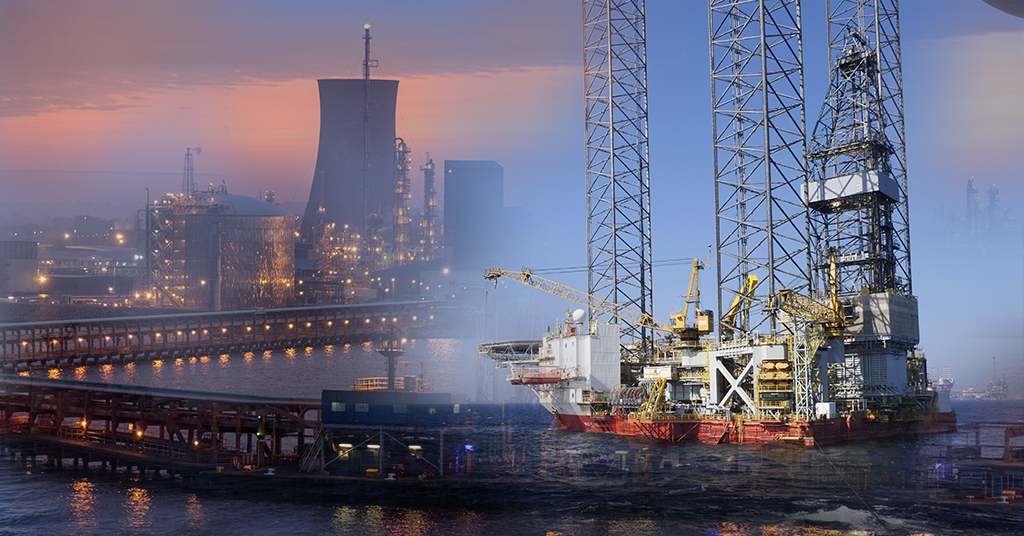Welcome To ChemAnalyst

Rotterdam (The Netherlands): In the backdrop of mounting geopolitical tensions and disruptions in the supply chain, WTI and Brent futures have maintained stability, holding at USD 72.56 and USD 78.54 per barrel, respectively. This stability coincides with Europe's strategic shift towards alternative fuel sources, exemplified by a notable increase in Indian Diesel exports to the continent. The upheaval in the Red Sea, disrupting shipping routes, serves as a key factor underscoring the current dynamism in the global fuel market. Meanwhile, optimistic sentiments persist in the U.S., fuelled by low inventories and a positive economic outlook among fund managers.
The escalating disruptions in the Red Sea, with at least six oil tankers avoiding the region due to U.S.-led strikes against Houthi targets in Yemen, pose a significant concern. These disruptions are reverberating through the vital energy shipping route, impacting Diesel barge refining margins, which have risen to USD 30 a barrel. Diesel imports into Europe are anticipated to reach 5.13 million metric tons in January, slightly lower than December's total of 5.31 million tons. Analysts attribute this fluctuation to supply uncertainties arising from continued Houthi militant attacks in the southern Red Sea. Additionally, the cold winter weather in northern Europe and the U.S. East Coast is providing support to Diesel margins.
December witnessed a record high in Indian Diesel exports to Europe, primarily driven by a shift away from the Latin American market, where American refiners are gaining ground. The ongoing displacement of Russian fuels from Europe, triggered by the aftermath of the Ukraine invasion, continues to shape this trend. Europe's reliance on Russia is transforming into a dependence on India, the Middle East, and the U.S. as alternative fuel sources.
In a strategic move, India's Reliance Industries Limited (RIL) has redirected Diesel shipments to Europe, capitalizing on the void left by reduced Russian Diesel imports. With Latin America importing less Diesel from RIL, the company has increased dispatches to Europe, a premium market for the fuel. Europe, still facing a shortfall of approximately 700,000 bpd of Diesel on a net basis, is actively diversifying its sources, moving away from its historical reliance on Russian fuel.
Despite some position volatility, fund managers in the United States maintain a bullish stance on refined fuels, driven by low inventories and a positive economic outlook. This overall landscape has remained consistent since early December.
In summary, the Diesel fuel market is navigating a complex web of geopolitical events, supply chain disruptions, and shifting trade dynamics. The stability in WTI and Brent futures, coupled with record Indian Diesel exports to Europe, highlights the intricate and interconnected nature of the global fuel industry. As the year progresses, market participants will closely monitor further developments that could shape the future trajectory of fuel prices and trade patterns.
We use cookies to deliver the best possible experience on our website. To learn more, visit our Privacy Policy. By continuing to use this site or by closing this box, you consent to our use of cookies. More info.
